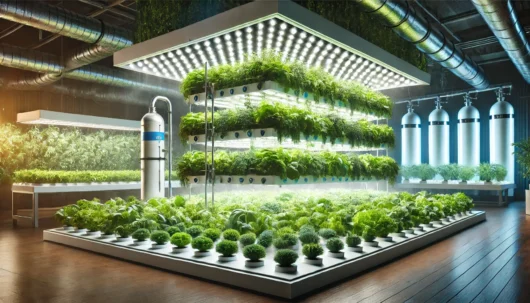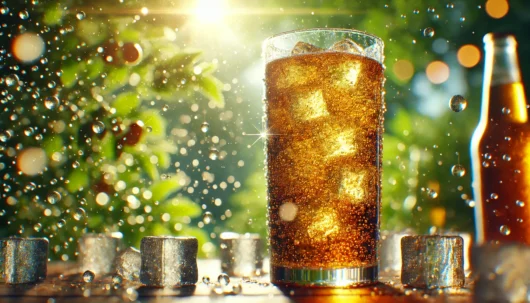Molecular Gastronomy
Molecular gastronomy has revolutionised the culinary world, blending science and artistry to create unforgettable dining experiences. But what exactly is it, and how can it transform the way we think about food?
In this guide, we’ll dive into the core principles of molecular gastronomy, explore its techniques, and uncover how it’s shaping the future of food innovation.
What is Molecular Gastronomy?
At its heart, molecular gastronomy is the application of scientific principles to cooking. Chefs and food scientists use physics and chemistry to study the processes behind traditional cooking methods and create new techniques to enhance flavor, texture, and presentation.
This innovative approach often involves using technical gases like CO2 and N2O, along with tools like siphons, sous-vide machines, and liquid nitrogen, to create dishes that are as visually stunning as they are delicious.
Key Techniques in Molecular Gastronomy
- Foams and Espumas
Using nitrous oxide (N2O) and cream chargers, chefs create light, airy foams that add a burst of flavor and an element of surprise to dishes. - Spherification
This process turns liquids into spheres that resemble caviar, bursting with flavor when bitten. It’s a staple of modern fine dining. - Gelification
Creating edible gels adds texture and a fun twist to traditional dishes. - Liquid Nitrogen
This technique freezes food instantly, creating dramatic smoke effects and unique textures.
Benefits of Molecular Gastronomy
It isn’t just about flashy presentations. It enhances flavor combinations, allows precise control over cooking processes, and opens up limitless creativity. Whether you’re running a Michelin-star restaurant or experimenting in your home kitchen, certain tools and techniques can elevate your culinary game.
Why Molecular Gastronomy Needs the Right Tools
To achieve the best results, using high-quality equipment and ingredients is essential. At Ramdon, we offer a wide range of food-grade gases and tools to help you bring your culinary visions to life.
Explore our selection of N2O cream chargers and CO2 canisters to take your creations to the next level.
Getting Started
If you’re new, start small. Experiment with simple recipes like flavored foams or fruit caviar. Use trusted resources like Ramdon’s product guides for expert tips and techniques.
For more advanced creations, consider investing in specialized equipment like sous-vide machines, siphons, and gas cartridges. These tools open up new possibilities for experimentation and innovation.
Final Thoughts
Molecular gastronomy is a fascinating field that merges science and culinary art to create extraordinary experiences. By understanding the science behind food, you can push the boundaries of flavor and texture, creating dishes that surprise and delight.
Are you ready to start your journey? Visit Ramdon to find the tools, ingredients, and inspiration you need to transform your cooking.


